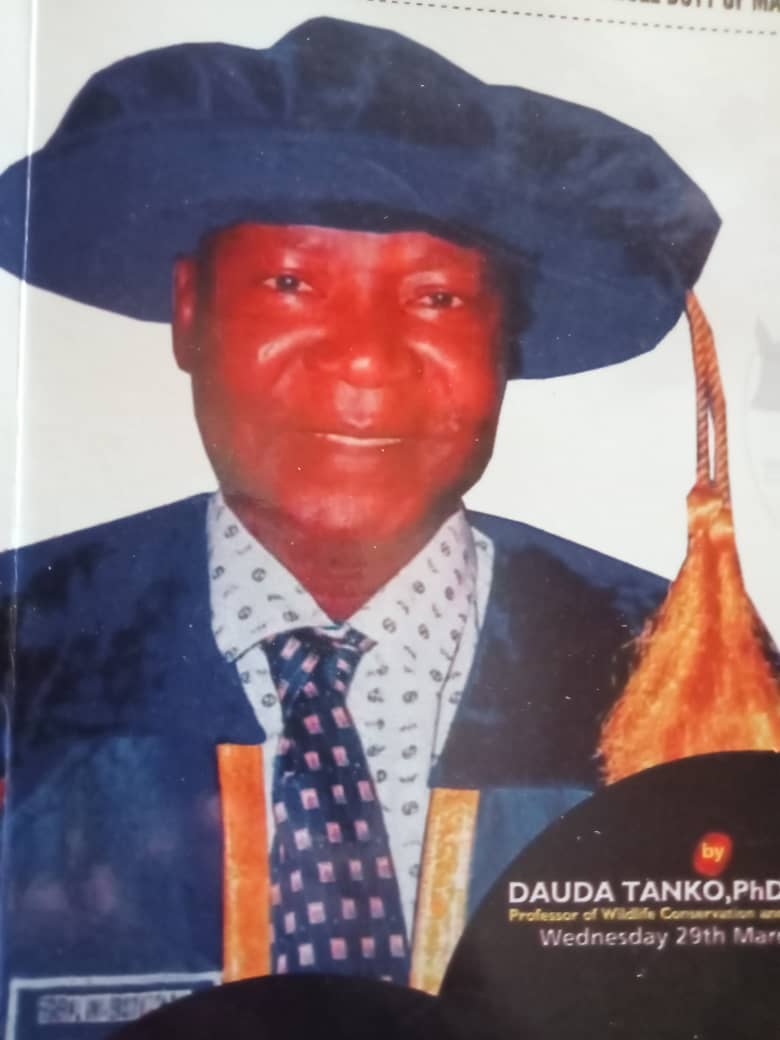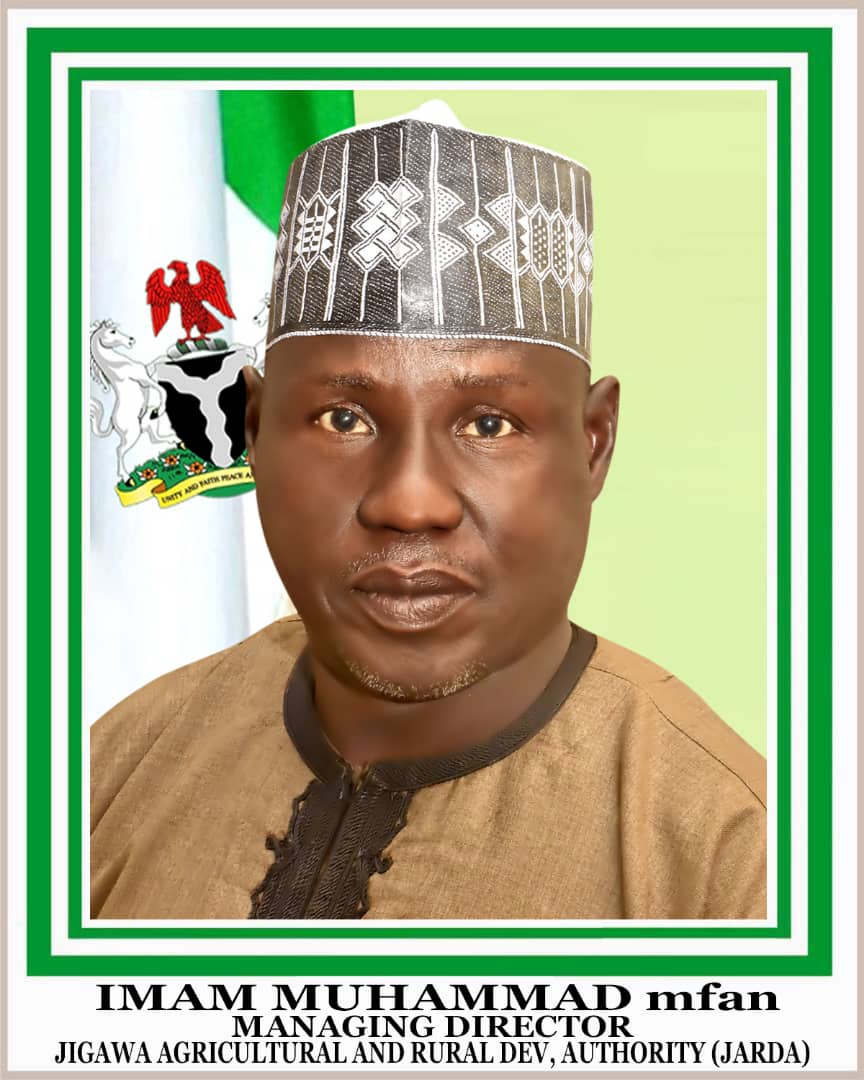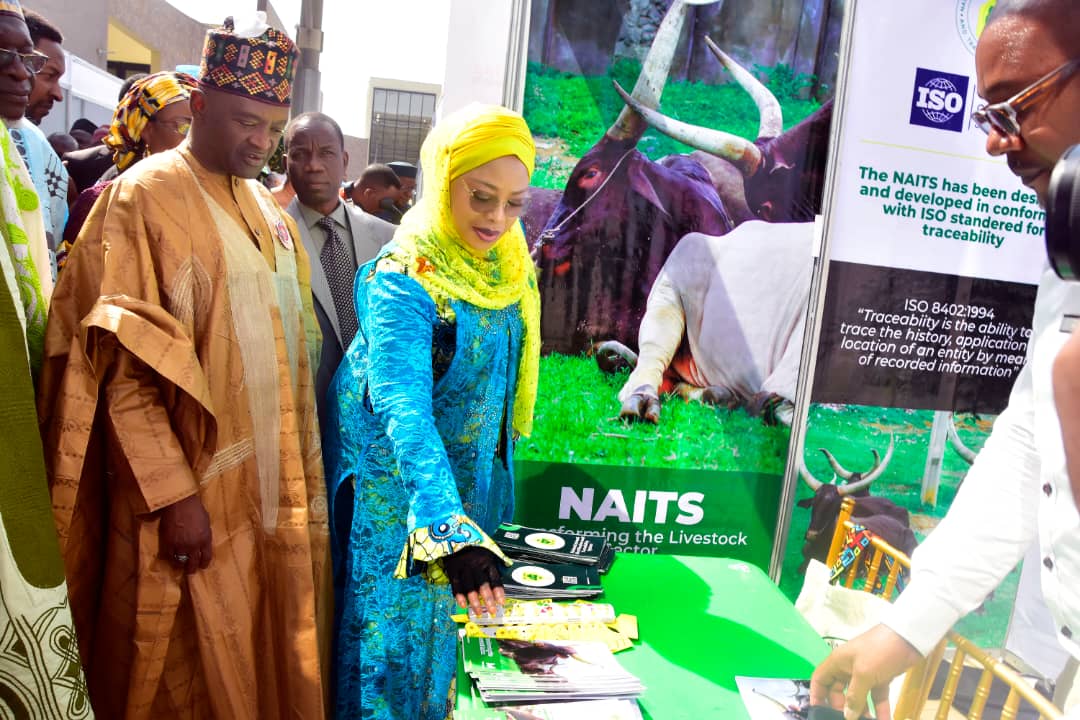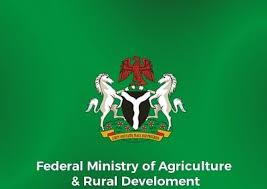By Friday Idachaba, Lokoja.
A University don, Prof. Dauda Tanko has recommended strategic re-orientation and re-direction of policies to allow for adoption of community-based model of biodiversity for conservation of the Nigerian environment.
Tanko, a Professor of Widelife Conservation and
Biodiversity made the call while presenting the 11th Inaugural Lecture of the Federal University Lokoja (FUL) on Wednesday.


The lecture was titled: “Biodiversity Conservation For Sustainable Economic Development in a Post COVID-19 Era: Dress It and Keep It, For This Is The Whole Duty of Man.”
He said that the combination of of the community-based model of Biodiversity conservation with eco-systemic model was a sure part to recreating and reinventing the old days of biodiversity in Nigeria.
According to him, the policy will focus more on the community and rural dwellers as key actors in the conservation activities saying that the communities were deeply and profoundly knowledgeable about their ecosystems.
Prof. Tanko submitted that owing strong belief that Western ideas were superior, community and traditional conservation strategies were not factored into the earlier processes of biodiversity due to fallacy that they are not capable of conserving the environment.
He pointed out that the deep knowledge of local communities’ conservation strategies, traditional beliefs and ecosystems management strategies were ignored by the policy makers and government.
“It is clear that the policy strategies adopted to achieve conservation of natural resources for sustainable economic development and other goals have failed Nigeria.
“Today, hunger is ravaging the land; poverty is fast overtaking the country, as Nigeria is leading the world poverty secretariat as its Headquarters.
“Insecurity is the order of the day, ravaging the lives of the innocent citizens and making conservation activities almost impossible.
“Further to this, the rural areas and the rural economy remain underdeveloped and lacking in every facility necessary to improve the welfare and well-being of the rural dwellers”, Prof. Tanko noted.
He therefore, urged government and the policy makers to partner with the local communities saying that there were lots of useful things they know about the ecosystem that others do not. “We must tap from this knowledge to make progress.
“The community-based strategy will help Nigeria to be come a self-reliant economy and facilitate the achievement of the biodiversity conservation goals for sustainable economic development.
“Biodiversity is critical to the maintenance of a healthy environment. Biodiversity not only provides direct benefits such as food medicines and energy, it also affords us a “life support system”, he said.
Also speaking, Prof. Olayemi Akinwumi Vice Chancellor of FUL commended Prof. Tanko for his well-researched lecture and hinted that the university would establish a Zoological and Biological Garden before the end of this year. (Ends)




